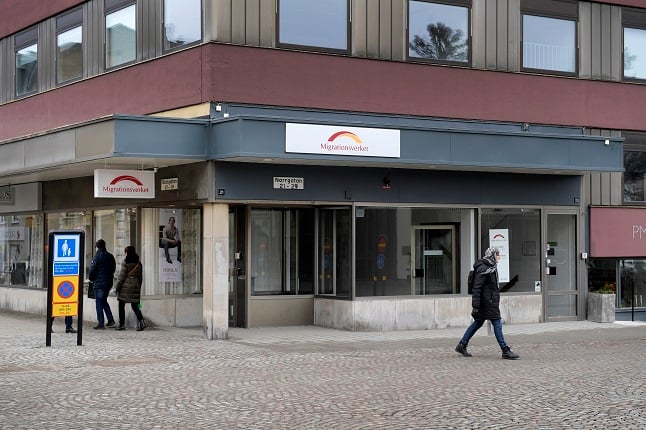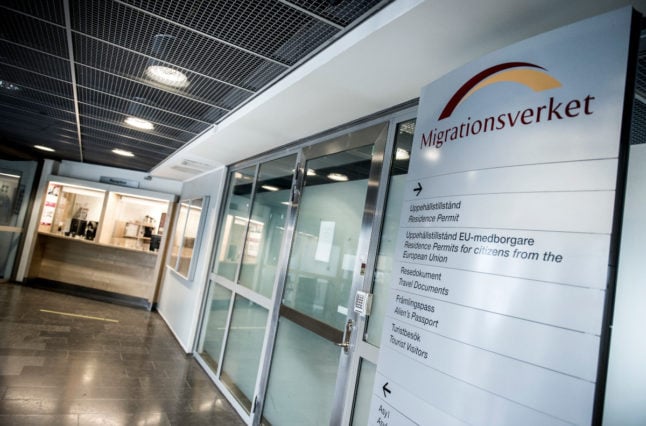When the UK left the EU at midnight on January 31st, very little immediately changed in practice for the thousands of Brits living in Sweden.
During the transition period, which will last until the end of December this year, British citizens resident in EU countries (and those who make the move by the end of the year) and their family members retain their rights to live, work, study, and access healthcare in these countries.
But at the end of this transition period, that changes, and now a new government proposal addresses citizens' rights after this point beyond the general provisions already covered in the Withdrawal Agreement.
Under this proposal, Brits would be required to apply to the Swedish Migration Agency (Migrationsverket) for a new residence status (uppehållsstatus), as opposed to simply registering their changed status.
The government also proposes that the agency issue documents to cross-border workers (for example, those living in Skåne who commute via the Öresund Bridge to Denmark).
In the proposal, which is currently out for consultation, it states “the deadline for applying for residence status will be ten months from when the provisions enter into force”. The provisions will come into force from the start of December, so from the end of the transition period that's nine months.
“The EU has given hundreds of thousands of Brits the chance to build lives abroad. Most Brits in Europe didn't choose #Brexit, but now it's happening we have an important choice to make.” – @SavLocal on @TheLocalEurope's view #Brexitday #notmyBrexit https://t.co/IPee1CjO4r pic.twitter.com/xOpLnYLi65
— The Local Europe (@TheLocalEurope) January 31, 2020
That's more generous than the six months post-transition period which the EU requested that member states give British residents. The EU required that member states give British residents at least six months from the end of the transition period, or until the end of June 2021, to apply for residence permits or equivalent status.
The EU also left it up to individual member states to decide if a fee would be charged for the permit (although this may not be higher than fees for equivalent documentation such as an ID card or passport), and what the format of the documentation would be.
The proposal noted that a ten-month time period would give the Migration Agency time to reach affected people with relevant information, and for British residents to make informed decisions about whether to apply for these permits.
It also states that “a fee should not be charged for the issuance of proof of residence status”.
EDITOR'S PICKS:
Those who are granted the new residence status would be given proof of this “in the same format as a residence permit card”, which means it will include a photo and fingerprints. This card will state whether the holder has residence or permanent residence, and the residence cards will be valid for five years from the date of issue, while the permanent residence cards will not have an expiry date.
And for those Brits who are approaching eligibility for citizenship, another element of the proposal is relevant.
Most foreigners in Sweden must have a permanent residence permit in order to be granted Swedish citizenship, but there is an exception for Nordic citizens and EU/EEA citizens.
An additional exception will be made for those Brits who moved or will move to Sweden before the end of the transition period, meaning that for the purpose of applying for Swedish citizenship, the residence permit will be considered equivalent to permanent residence.
Do you have any questions about Brexit, or about Swedish residence permit rules and life in Sweden in general? Please email [email protected] and we'll do our best to answer.



 Please whitelist us to continue reading.
Please whitelist us to continue reading.
Member comments